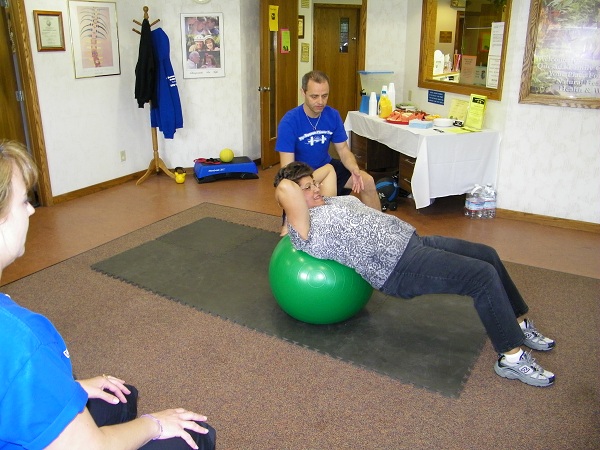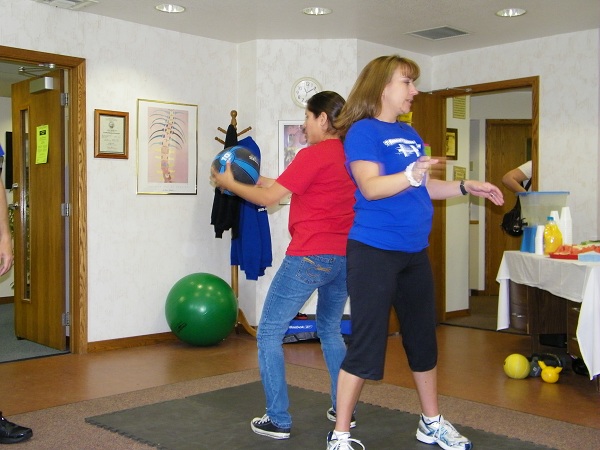 Could lead to higher costs, major lifestyle changes
Could lead to higher costs, major lifestyle changes
By Dave Roberts
The City Council on Tuesday night adopted a plan designed to help fight global warming, but which will also likely increase costs for energy, new appliances and equipment and result in changes in Antioch’s car-oriented, suburban lifestyle.
There has been an ongoing controversy over how much, or even whether, the planet is warming and, if so, whether it’s man-made or due to the natural cycles of the sun and Earth.
The controversy escalated in the past year in the wake of the Climategate e-mail scandal that revealed falsified or unavailable data by leading global warming researchers and their campaign to silence warming skeptics. Polls have also shown increased skepticism by the public about the reality and dangers of global warming.
Despite that, Antioch’s Climate Action Plan begins by declaring, “The debate is over. The overwhelming scientific consensus is that human-induced climate change is among the most pressing environmental and social problems facing this generation and those to come.”
The plan’s goal is to reduce by the year 2020 Antioch’s greenhouse gas emissions by 25 percent below the city’s level in 2005, and reduce emissions by 80 percent by 2050. Antioch released 358,000 metric tons of carbon dioxide equivalents in 2005, according to the plan.
In order to meet the plan’s goals, Antioch residents and businesses will need to reduce that to 264,000 metric tons by 2020 and to 72,000 metric tons by 2050 – despite the city adding tens of thousands of new residents and hundreds of new businesses in the meantime.
The Climate Action Plan is part of a statewide effort led by two pieces of legislation, AB 32 and SB 375. Proponents argue that the state’s emission-reduction measures will be a boon to the economy, creating “green” jobs in renewable energy and saving residents and businesses money through more energy-efficient appliances and equipment.
But critics warn that higher energy costs from switching from cheap gas and oil to costly renewable energy like solar and wind and additional mandates on businesses will further stagger California’s economy, which is still reeling from the Great Recession.
Two Cal State, Sacramento economics professors concluded that AB 32 will result in California’s small businesses paying an additional $49,691, families facing increased annual costs of $3,857 and the state losing more than one million jobs.
Their study has been criticized by AB 32 supporters, but the impartial Congressional Budget Office has estimated that a national plan to reduce greenhouse gas emissions would cost taxpayers $1.2 trillion ($156 billion in California) between 2009 and 2018 and cost the private sector more than $90 billion per year from 2012 to 2016.
The Environmental Protection Agency agreed, saying it would result in a reduction in the U.S. gross domestic product by $1 trillion-$2.8 trillion ($130 billion-$364 billion in California) in 2050.
Antioch’s Climate Action Plan does not specify the costs to city residents and businesses of meeting the emission-reduction targets. But that was a concern of Councilman Gary Agopian, who asked to change the plan’s requirement that building owners make energy-efficient upgrades when they renovate or sell a building.
That requirement was estimated to affect 5,000 homes in Antioch that would be sold or renovated over the next 10 years. Requiring energy-efficient upgrades would reduce 4,131 metric tons of carbon dioxide equivalents in the city, according to the plan.
“We have declining home values and a considerable amount of costs with (real estate) transactions,” said Agopian, who is a realtor. “Adding costs at the point of sale is not the most effective way to implement this strategy. I suggest we use the word ‘promote’ rather than ‘require.’
“I would hate to think of the potential requirements like replacing our toilets, shower fixtures, furnaces, air conditioning, appliances, windows or any number of things in order to hit this goal – that cost to the home buyer and seller would be astronomical, very, very expensive.”
None of the other council members objected to Agopian’s suggested change, and Julie Haas-Wajdowicz, Antioch’s environmental resource coordinator, said that “require” would be changed to “promote.” Although she added that it would make it hard to reach the goal of retrofitting 5,000 homes with energy-efficient appliances.
She noted that the Antioch Board of Realtors had also objected to the requirement in February. No one commented on the plan from the audience.
The plan lists dozens of strategies to meet the emission targets, focused on green building, renewable energy, transportation, land use, education, and waste management.
The main land use strategy is through high-density, transit-oriented development, such as the village being planned next to the Hillcrest eBART Station. The land use strategy also includes encouraging low-maintenance landscaping by getting away from grass lawns along with other water conservation efforts.
Transportation strategies include the construction of eBART, providing car-pool lanes in the widened Highway 4, ride-sharing, getting more kids to walk, bicycle or ride the bus to school, increased use of hybrid, electric, biodiesel and natural gas cars and more bicycling and walking by all residents.
Building strategies include energy-efficient mandates on new construction, loans for building retrofits and purchase of efficient appliances and increased use of solar, wind and geothermal energy. However, some council members have previously expressed concern about a windmill proposed by Delta Diablo Sanitation District that would be as tall as the length of a football field, becoming the most prominent structure in the city.
Strategies to educate residents and change their behavior include encouraging conservation, composting, recycling (including adding food scrap collection to curbside recycling) and walking once a week (a half-mile for every Antioch resident).
The city’s emissions will be measured every five years to monitor progress in reaching the reduction target.
In other action at Tuesday’s meeting:
• Lyle Chambers asked for the council’s help in stemming the violence and crime in the Sycamore Drive corridor. Mayor Jim Davis encouraged him to help beef up the community’s neighborhood watch group.
• The council extended the moratorium on medical marijuana dispensaries for nearly two years.
• The council responded to a County Grand Jury report on city vehicle use and council member compensation. Antioch officials said they don’t have a problem with allowing 11 vehicles to be taken home for possible emergency uses.
The Grand Jury reported that Antioch’s council costs $112,591, which is higher than the $77,895 average for cities in the county. Council members receive $53,746 of that in salary or meeting fees, $1,922 in health insurance and $5,576 in pensions and deferred compensation.
The council’s response is that it’s unfair to compare cities of different sizes and budgets; however, the city will provide more transparency on council compensation during the annual budget review.
 Quesada Family Chiropractic & The Beeson Fitness Team Presents Fitness Boot Camp on Saturday, June 4th @ 9am at 2901 Lone Tree Way Ste B in Antioch.
Quesada Family Chiropractic & The Beeson Fitness Team Presents Fitness Boot Camp on Saturday, June 4th @ 9am at 2901 Lone Tree Way Ste B in Antioch.





















